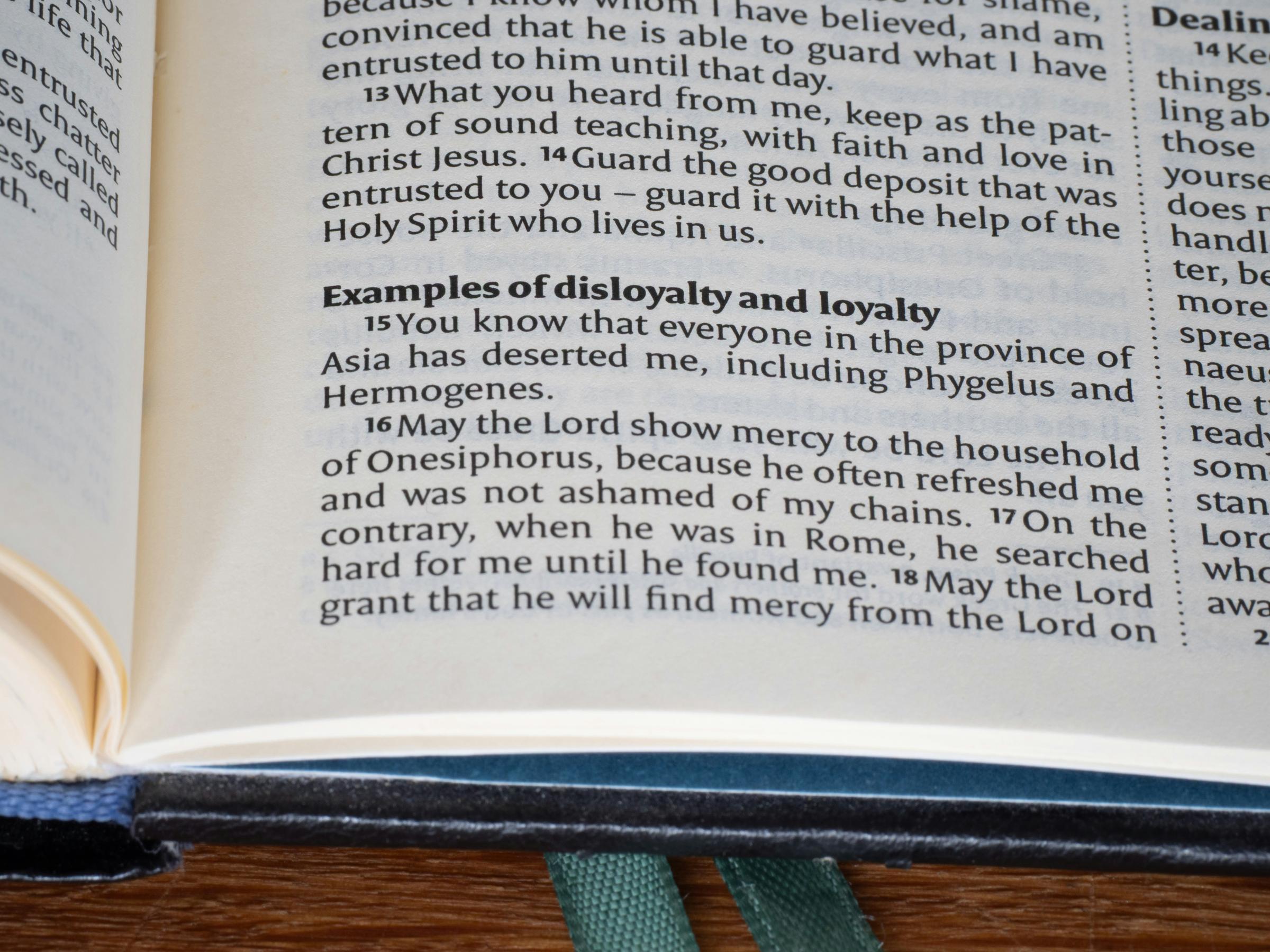Text & Traditions

Purpose and Structure
This course is based on the VCE study ‘Texts and Traditions Unit 1 and 2’, forming the foundations for Units 3 and 4. The purpose of the course is to provide students with instruction and experiences that will mature their faith.
Specifically, the intention is to:
• Develop a better understanding of the Bible and its application in the context of our culture
• Understand how injustice issues empower people to make a change for others
• Develop various Christian disciplines that promote a worshipful and ‘others’-oriented life • Learn how we can help different subcultures engage with the Bible.
Unit 1: Texts in traditions
This unit introduces students to basic methods of biblical exegesis to bring about a deeper awareness of how the bibles literary forms came about, and the meaning of these texts to the Christian tradition. This unit also explores how the text has been used by people both within and beyond the Christian religious tradition to bring meaning to issues or ideas in a new cultural setting.
Unit 2: Texts in society
In this unit, students study the Bible as a means of investigating social attitudes on issues such as justice, care for the environment, racism and gender roles. Therefore, biblical texts selected for study are viewed as potential sources of ideas about these or other issues in society. Some of the texts may call for change in attitudes and values; others may call for changes in social, religious and political institutions. Some texts may justify or support existing social, cultural, religious and political institutions, works, attitudes and values.
Unit 3: Texts and the early tradition
Students develop an understanding of how the Bible is a response to particular social, cultural, religious, political and historical needs and events. They explore the formation of the various texts within the biblical canon, the intended audience of those texts, and the message or teaching found within them. To gain an understanding of the content and message of a text, students become familiar with the nature of exegetical methods being used today by biblical scholars of the Christian faith.
Unit 4: Texts and their teachings
In this unit students continue to apply exegetical methods to the passages for special study begun in Unit 3, but to greater depth. Some texts are regarded as essential for the continuation of a tradition because they function as a means of communicating teachings or understandings about the relationship between the human and the transcendent. These understandings are often expressed through ideas, beliefs or themes in the particular texts. Students focus on passages or verses within the bible that serve this function. Some of the themes contained in the Bible have been reinterpreted at different times in history by the tradition. In this unit students study a significant idea, belief or theme contained in the Bible and consider the interpretation of the text in the light of the idea, belief or theme.
